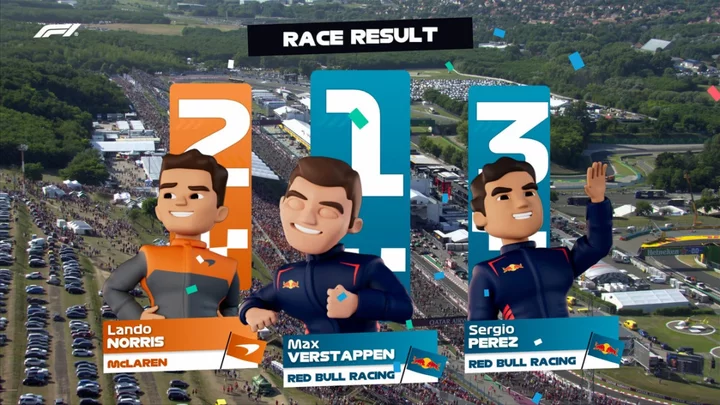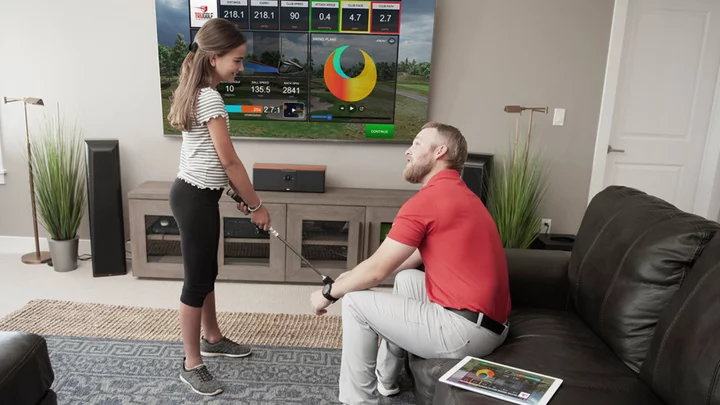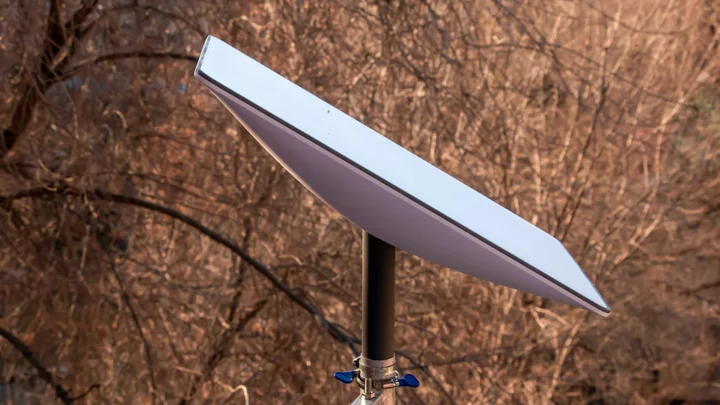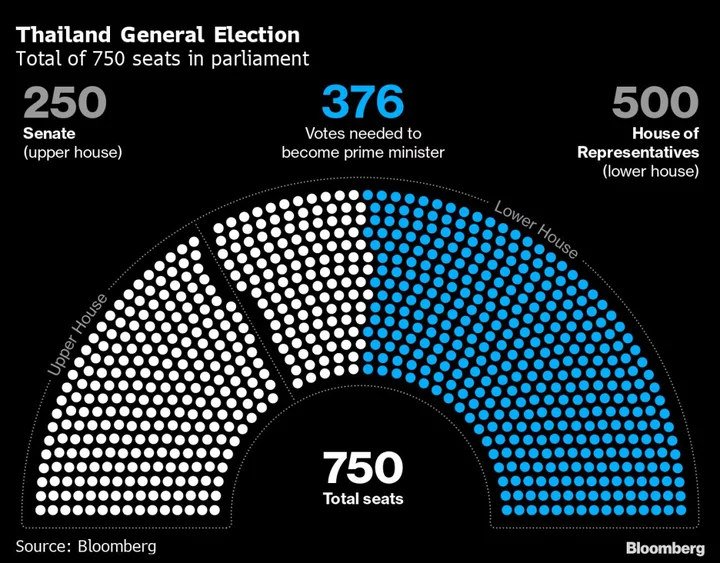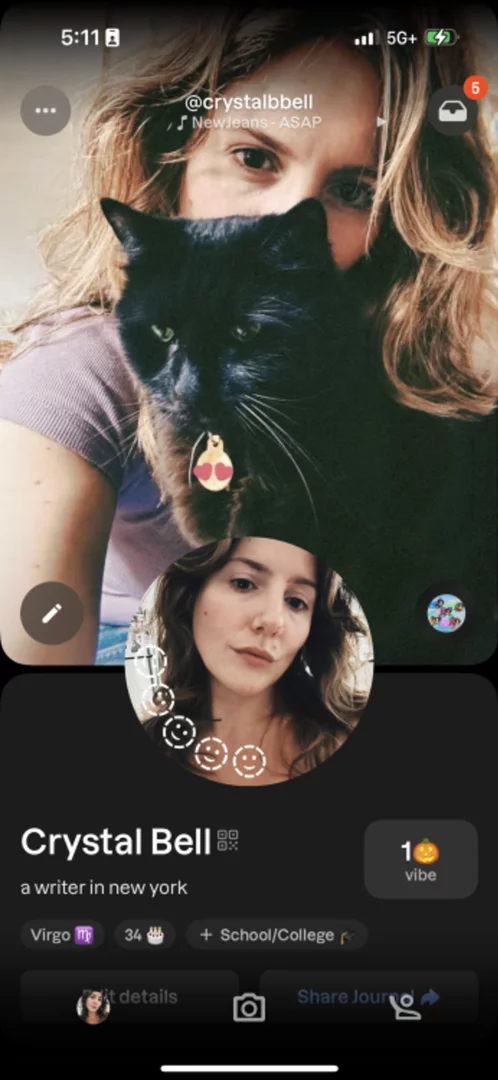F1 Kids broadcast an admirable idea – but a reminder that all children want to be is grown up
“Now it’s time to cross over to our F1 Juniors,” said Sky’s lead presenter Simon Lazenby, in a feel which became familiar throughout the Hungarian Grand Prix weekend. Often the broadcaster striving for new avenues, never afraid of the status quo, Sky Sports took their television trials to a different avenue this weekend with the first-ever Formula 1 broadcast for children. An admirable experiment, it gave three teenagers a few days to savour as they started their summer holidays in Budapest alongside broadcasters Radzi Chinyanganya and Harry Benjamin. For Braydon, Scarlett and Zak – the latter a go-karter at junior level, the former duo presenters on Sky’s BAFTA-winning kids show FYI – it presented opportunities of a lifetime with interviews, quizzes and predictions with the best drivers and pundits in the paddock. And it provided some indisputably heartwarming moments. Like the segment where Zak met Lewis Hamilton and spoke to his hero about how inspiring the Mercedes star has been to black kids around the world, before then sitting in his Mercedes car. Or Scarlett and Braydon quizzing the “terrible trio” of George Russell, Lando Norris and Alex Albon about what ice cream they’d describe themselves as. “Vanilla”, Norris quipped, pointing at Russell. There’s something about the involvement of adolescents in a press environment which can bring some much-needed lightheartedness to what can sometimes be a sterile process for all involved. For example, who can forget the young boy, in awe of his sporting icon, who asked Roger Federer at the US Open in 2017: “Switzerland is really cool, right? There isn’t too much livestock. So why do they call you the GOAT [greatest of all time]?” Yet, away from one-on-ones with drivers, the core aspect to the alternative broadcast was the informal race coverage, live on free-to-air Sky Showcase, which presented an F1 race in an entirely different format. There were bright, 3D-augmented graphics throughout, with a colour-coordinated leaderboard which, frankly, seemed clearer than the usual feed at times. Explainers popped up at various points, defining key F1-focused terms for younger viewers. The use of avatars for each driver was a cute touch, though obviously best kept for this experiment. Overall, it provided something completely unique and distinctive for a 70-lap race which provided a common routine in the obligatory Max Verstappen victory. Sure, nobody was asking for an F1-kids broadcast. And inevitably, naysayers online will have been quick to roll their eyes at the initiative. It was notable that both Sky F1 and Benjamin turned off replies to their tweets involving F1 Juniors over the weekend. Less an indication of the general reaction to the initiative and more a sign of the times – and the highly-charged, often-abusive nature of social media. But that is not the point. F1 has for a while been a step ahead of other sports in the intuitiveness and creativity of its product, to the stage now where it is in the midst of a period of unprecedented worldwide popularity. The most obvious is the fly-on-the-wall nature of Drive to Survive on Netflix, a format only now being followed by the professional tennis and golf tours in search of extra eyeballs. It is a fine balancing act, though. During practice and the qualifying show, there were regular interspersions on the main feed to the Juniors, a process which may well have irritated petrolheads and fans of a sterner generation. While Sky like to push boundaries, their executives will be all too aware of trying to avoid alienating their core viewership. The one-off nature of F1 Juniors, at least this season, means this is unlikely to materialise. And there were moments of awkwardness. Like cutting to Christian Horner on the pit wall, seemingly in a baffled daze, who bluntly said: “Can we come back and do this in another 10 laps or so?” Like a selfie in the commentary booth with Danica Patrick, who had earlier stated the nature of sport “is masculine and aggressive” as she spoke about the lack of female racing drivers. There were obviously a few mistakes here and there – and it wasn’t completely crisp and clear-cut. But then it wasn’t meant to be. And, frankly, nor is David Croft and Martin Brundle’s expert commentary always error-free. In a sport as technical and fast-paced as F1, perfection is near-on impossible. Of course, unless you’re Verstappen at the moment. But the underlying takeaway is this: as a child, all you want to be is treated as a grown-up. The best way of learning about the intricacies of a sport like Formula 1 is to immerse yourself in the usual feed on a regular basis, creating a curiosity gap to discover more. As a one-off, F1 Juniors was worthwhile and undoubtedly a commendable initiative. For intrigued parents, showing their children an F1 race for the first time, who knows how many may have flicked on the coverage? Who knows how many might now flick on an F1 race in the future on a Sunday afternoon? Something different is not to be something dismissed. Article originally published on 24 July 2023 Read More Lewis Hamilton makes damning statement about his level after Hungarian GP Daniel Ricciardo is back - and this time he wants to go out on top F1 Singapore Grand Prix LIVE: Qualifying updates and times at Marina Bay FIA take action against Helmut Marko after comments about Sergio Perez Zhou Guanyu interview: ‘There is a lot of pressure – only winners stay in F1’
“Now it’s time to cross over to our F1 Juniors,” said Sky’s lead presenter Simon Lazenby, in a feel which became familiar throughout the Hungarian Grand Prix weekend. Often the broadcaster striving for new avenues, never afraid of the status quo, Sky Sports took their television trials to a different avenue this weekend with the first-ever Formula 1 broadcast for children.
An admirable experiment, it gave three teenagers a few days to savour as they started their summer holidays in Budapest alongside broadcasters Radzi Chinyanganya and Harry Benjamin. For Braydon, Scarlett and Zak – the latter a go-karter at junior level, the former duo presenters on Sky’s BAFTA-winning kids show FYI – it presented opportunities of a lifetime with interviews, quizzes and predictions with the best drivers and pundits in the paddock. And it provided some indisputably heartwarming moments.
Like the segment where Zak met Lewis Hamilton and spoke to his hero about how inspiring the Mercedes star has been to black kids around the world, before then sitting in his Mercedes car. Or Scarlett and Braydon quizzing the “terrible trio” of George Russell, Lando Norris and Alex Albon about what ice cream they’d describe themselves as. “Vanilla”, Norris quipped, pointing at Russell.
There’s something about the involvement of adolescents in a press environment which can bring some much-needed lightheartedness to what can sometimes be a sterile process for all involved. For example, who can forget the young boy, in awe of his sporting icon, who asked Roger Federer at the US Open in 2017: “Switzerland is really cool, right? There isn’t too much livestock. So why do they call you the GOAT [greatest of all time]?”
Yet, away from one-on-ones with drivers, the core aspect to the alternative broadcast was the informal race coverage, live on free-to-air Sky Showcase, which presented an F1 race in an entirely different format. There were bright, 3D-augmented graphics throughout, with a colour-coordinated leaderboard which, frankly, seemed clearer than the usual feed at times. Explainers popped up at various points, defining key F1-focused terms for younger viewers. The use of avatars for each driver was a cute touch, though obviously best kept for this experiment.
Overall, it provided something completely unique and distinctive for a 70-lap race which provided a common routine in the obligatory Max Verstappen victory. Sure, nobody was asking for an F1-kids broadcast. And inevitably, naysayers online will have been quick to roll their eyes at the initiative.
It was notable that both Sky F1 and Benjamin turned off replies to their tweets involving F1 Juniors over the weekend. Less an indication of the general reaction to the initiative and more a sign of the times – and the highly-charged, often-abusive nature of social media.
But that is not the point. F1 has for a while been a step ahead of other sports in the intuitiveness and creativity of its product, to the stage now where it is in the midst of a period of unprecedented worldwide popularity. The most obvious is the fly-on-the-wall nature of Drive to Survive on Netflix, a format only now being followed by the professional tennis and golf tours in search of extra eyeballs.
It is a fine balancing act, though. During practice and the qualifying show, there were regular interspersions on the main feed to the Juniors, a process which may well have irritated petrolheads and fans of a sterner generation. While Sky like to push boundaries, their executives will be all too aware of trying to avoid alienating their core viewership. The one-off nature of F1 Juniors, at least this season, means this is unlikely to materialise.
And there were moments of awkwardness. Like cutting to Christian Horner on the pit wall, seemingly in a baffled daze, who bluntly said: “Can we come back and do this in another 10 laps or so?” Like a selfie in the commentary booth with Danica Patrick, who had earlier stated the nature of sport “is masculine and aggressive” as she spoke about the lack of female racing drivers.
There were obviously a few mistakes here and there – and it wasn’t completely crisp and clear-cut. But then it wasn’t meant to be. And, frankly, nor is David Croft and Martin Brundle’s expert commentary always error-free. In a sport as technical and fast-paced as F1, perfection is near-on impossible. Of course, unless you’re Verstappen at the moment.
But the underlying takeaway is this: as a child, all you want to be is treated as a grown-up. The best way of learning about the intricacies of a sport like Formula 1 is to immerse yourself in the usual feed on a regular basis, creating a curiosity gap to discover more.
As a one-off, F1 Juniors was worthwhile and undoubtedly a commendable initiative. For intrigued parents, showing their children an F1 race for the first time, who knows how many may have flicked on the coverage? Who knows how many might now flick on an F1 race in the future on a Sunday afternoon? Something different is not to be something dismissed.
Article originally published on 24 July 2023
Read More
Lewis Hamilton makes damning statement about his level after Hungarian GP
Daniel Ricciardo is back - and this time he wants to go out on top
F1 Singapore Grand Prix LIVE: Qualifying updates and times at Marina Bay
FIA take action against Helmut Marko after comments about Sergio Perez
Zhou Guanyu interview: ‘There is a lot of pressure – only winners stay in F1’

